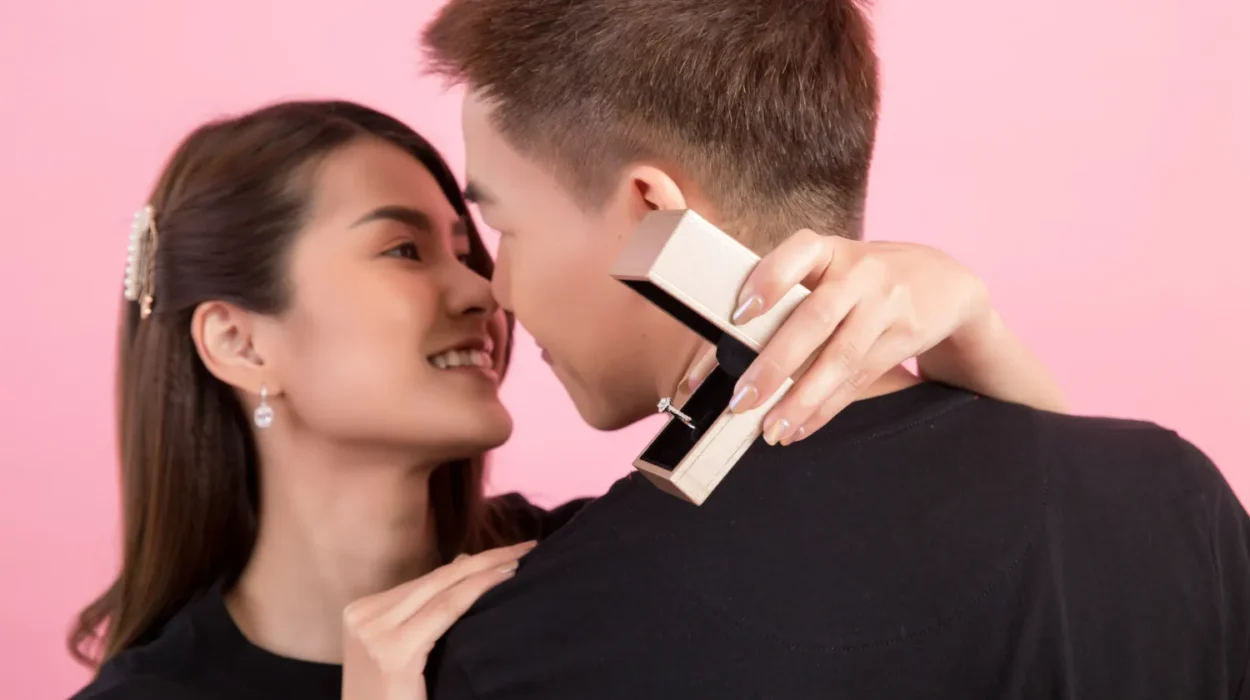Today, we’ll explore the meaning and usage of “had better.” This expression is straightforward to use in a sentence, and I’ll provide you with some examples. Stay connected to gain a comprehensive understanding of its various applications.
Had Better Meaning
Absolutely, you’ve captured the essence of “had better” well. It’s often used to express a strong recommendation or advisement for someone to consider an alternative or more suitable course of action. If you have any specific examples or scenarios you’d like assistance with, feel free to share them!
Use of Had Better in a Sentence
Discover the usage of “Had better” in a sentence as we delve into learning and practicing exercises at home.
| Subject Subject | +had better +had rather/would rather | +infinitive[without to] +infinitive[without to] |
| You You | had better had rather/would rather | see a doctor. see a doctor. |
Use of Had better with Examples
Advice for Tim’s exam:
- Original: “You should study for the exam.”
- Using “had better”: “You had better study for the exam.”
A suggestion for Lisa’s presentation:
- Original: “It would be wise to rehearse your presentation.”
- Using “had better”: “You had better rehearse your presentation.”
Encouragement for Mark’s job interview:
- Original: “Prepare well for the job interview.”
- Using “had better”: “You had better prepare well for the job interview.”
Warning about potential rain:
- Original: “It might rain, so take an umbrella.”
- Using “had better”: “You had better take an umbrella; it might rain.”
Advising a friend to leave early for a flight:
- Original: “Leaving early is a good idea to catch your flight.”
- Using “had better”: “You had better leave early to catch your flight.”
How to use 'had better' in sentences
| Sr. No. | Form | Example | Explanation |
|---|---|---|---|
| 1 | Affirmative | You had better listen to your parents. | Expresses strong advice or warning. |
| Negative | You had better not be late again. | Expresses advice against doing something. | |
| Question | Hadn’t you better apologize? | Used to ask for advice or to suggest something might be advisable. | |
| 2 | Affirmative | She had better start studying soon. | Expresses strong advice or warning. |
| Negative | They had better not forget the tickets. | Expresses advice against doing something. | |
| Question | Hadn’t we better leave now? | Used to ask for advice or to suggest something might be advisable. | |
| 3 | Affirmative | You had better finish your homework. | Expresses strong advice or warning. |
| Negative | He had better not eat all the cookies. | Expresses advice against doing something. | |
| Question | Hadn’t she better call her friend? | Used to ask for advice or to suggest something might be advisable. | |
| 4 | Affirmative | We had better leave early. | Expresses strong advice or warning. |
| Negative | You had better not tell anyone. | Expresses advice against doing something. | |
| Question | Hadn’t they better ask for permission? | Used to ask for advice or to suggest something might be advisable. | |
| 5 | Affirmative | She had better take an umbrella. | Expresses strong advice or warning. |
| Negative | He had better not play with matches. | Expresses advice against doing something. | |
| Question | Hadn’t we better wait for the bus? | Used to ask for advice or to suggest something might be advisable. | |
| 6 | Affirmative | You had better call your mother. | Expresses strong advice or warning. |
| Negative | They had better not go to that party. | Expresses advice against doing something. | |
| Question | Hadn’t she better study for the exam? | Used to ask for advice or to suggest something might be advisable. | |
| 7 | Affirmative | We had better be prepared. | Expresses strong advice or warning. |
| Negative | You had better not forget your keys. | Expresses advice against doing something. | |
| Question | Hadn’t you better prepare for the meeting? | Used to ask for advice or to suggest something might be advisable. |
Exercise: How to use had better in nagative , affirmative and question form
Negative:
- You __________ listen to your teacher if you want to pass the exam.
- She __________ remember to turn off the lights before leaving.
- __________ he wear a helmet while riding his bike?
- We __________ start preparing for the presentation now.
- They __________ miss the bus, or they’ll be late.
- __________ she call the doctor for an appointment?
- You __________ be careful with that glass; it’s fragile.
- He __________ eat too much junk food if he wants to stay healthy.
- __________ they check the weather forecast before planning the picnic?
- We __________ finish this project before the deadline.

Affirmative:
- You __________ listen to your teacher if you want to pass the exam.
- She __________ remember to turn off the lights before leaving.
- __________ he wear a helmet while riding his bike?
- We __________ start preparing for the presentation now.
- They __________ catch the bus, or they’ll be late.
- __________ she call the doctor for an appointment?
- You __________ be careful with that glass; it’s fragile.
- He __________ eat too much junk food if he wants to stay healthy.
- __________ they check the weather forecast before planning the picnic?
- We __________ finish this project before the deadline.
Question:
- __________ you listen to your teacher if you want to pass the exam?
- __________ she remember to turn off the lights before leaving?
- __________ he wear a helmet while riding his bike?
- __________ we start preparing for the presentation now?
- __________ they catch the bus, or they’ll be late?
- __________ she call the doctor for an appointment?
- __________ you be careful with that glass; it’s fragile.
- __________ he eat too much junk food if he wants to stay healthy?
- __________ they check the weather forecast before planning the picnic?
- __________ we finish this project before the deadline?
What are the common mistakes while using 'had better'
Using “to” after “had better”: The correct structure is “had better + base form of the verb.” For example, “You had better study” (not “You had better to study”).
Confusing the negative form: The negative form of “had better” is “had better not” or “hadn’t better.” For example, “You had better not be late” (not “You hadn’t better to be late”).
Using “will” instead of “had better” for future situations: While “will” can be used for future actions, “had better” is used for strong advice or warnings about future actions. For example, “You had better call him tomorrow” (not “You will call him tomorrow”).
Using “had better” with “did” for past actions: In the past tense, “had better” is used without “did.” For example, “I had better finish my homework yesterday” (not “I did had better finish my homework yesterday”).
Incorrectly forming questions: When forming a question with “had better,” the subject and “had” should be inverted. For example, “Hadn’t you better leave early?” (not “Had you better not leave early?”).
By avoiding these common mistakes, you can use “had better” correctly to give advice or warnings in English.
FAQ
What does “had better” mean?
“Had better” is used to give advice or to say what is the best thing to do in a specific situation. It implies a strong recommendation or warning about a possible consequence.
How is “had better” different from “should”?
“Had better” is stronger and more urgent than “should.” It implies that there could be negative consequences if the advice is not followed.
Can “had better” be used in the past tense?
Yes, “had better” can be used in the past tense to talk about something that was advisable in the past. For example, “You had better have studied for the exam yesterday.”
Can “had better” be used in the future tense?
Yes, “had better” can be used in the future tense to give advice or make a recommendation about a future action. For example, “You had better leave early if you want to catch the train.”
Is it correct to say “You’d better” instead of “You had better”?
Yes, “You’d better” is a common contraction of “You had better” and is often used in spoken English.
Can “had better” be used in a question?
Yes, “had better” can be used in a question to ask for advice or to suggest a course of action. For example, “Hadn’t you better call the doctor?”
What is the negative form of “had better”?
The negative form of “had better” is “had better not” or “hadn’t better.” It is used to advise against doing something. For example, “You had better not eat that cake.”
Can “had better” be used with “I”?
Yes, “had better” can be used with “I” to give advice or make a recommendation. For example, “I had better finish my homework before dinner.”
Is “had better” used in formal or informal language?
“Had better” is more commonly used in informal language. In formal writing or speech, it is often replaced by “should” or other more formal expressions.
Are there any common mistakes to avoid when using “had better”?
One common mistake is forgetting to use the base form of the verb after “had better.” For example, it is incorrect to say “You had better to go now.” The correct form is “You had better go now.”



